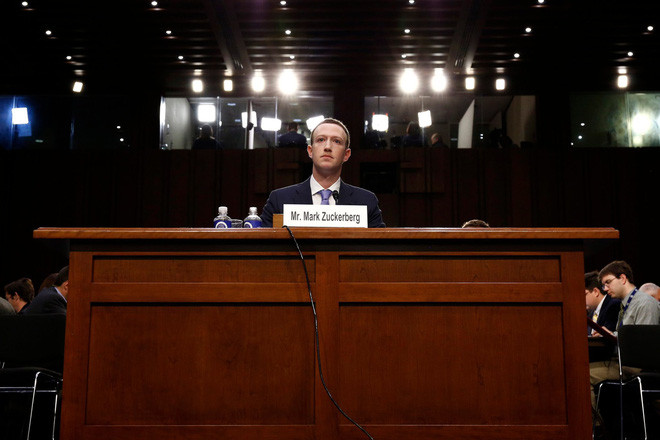The New York Times: Facebook allowed more than 150 companies to access user messages
Facebook even allows some units to edit users' private messages. We must take a different look at the world's largest social network and the influence it holds.
For years, Facebook has been selling user data to any tech company willing to pay a high enough price. The truth is clear: user data is incredibly valuable in the digital age. The trade seems to be beneficial for all involved: companies with user data can create products that appeal to their tastes, Facebook gains new members, and Facebook users themselves can reach out to new friends in new horizons.
But who really controls that information? Another harsh truth is revealed: it’s not you who controls it, it’s Facebook.
 |
| The New York Times: Facebook allowed more than 150 companies to access user messages - Photo 2. |
According to what The New York Times gathered from interviews with former Facebook employees, Facebook partner meetings, and related documents, the world's largest social network allows:
- Microsoft's Bing search engine sees every user's friends list.
- Netflix and Spotify have the ability to read users' personal messages.
- Amazon may collect names and contact information.
- Yahoo has the ability to read user posts.
- Sony, Microsoft and Amazon can get user email addresses.
And among the shocking reports, there was one line that was more notable and frightening than all: "Facebook gave Spotify, Netflix and the Royal Bank of Canada the right to read, write and delete users' private messages, and see all members in the conversation."
Facebook has gone too far beyond the boundaries that its users themselves have drawn. A blurred, almost non-existent line has given Facebook complete control over the data we give them.
We need to take a different look at the world's largest social network and the influence it wields.

